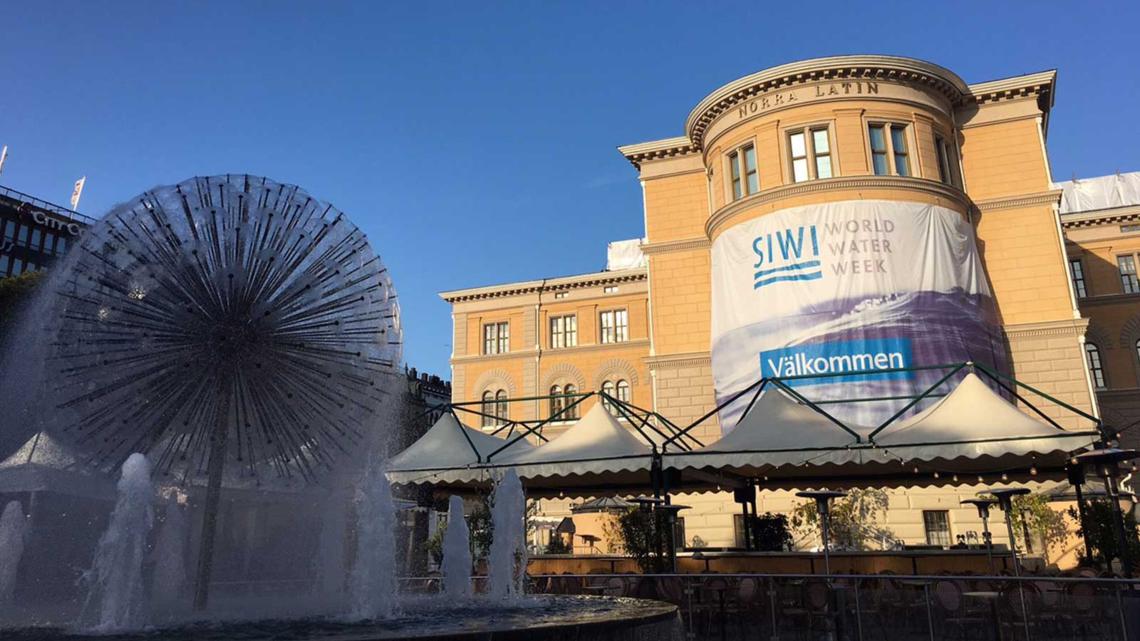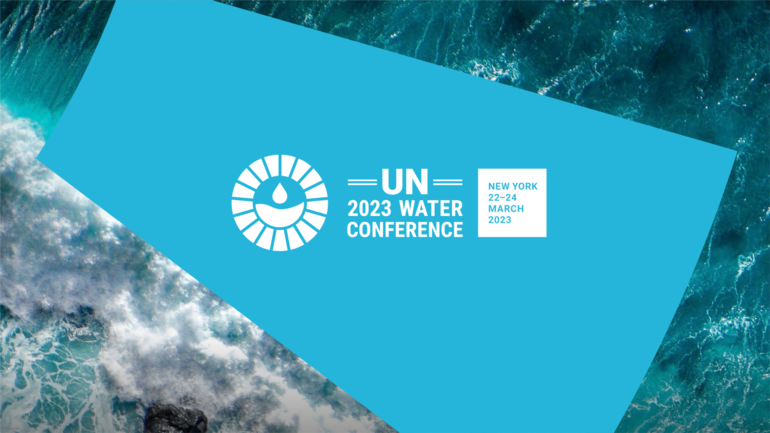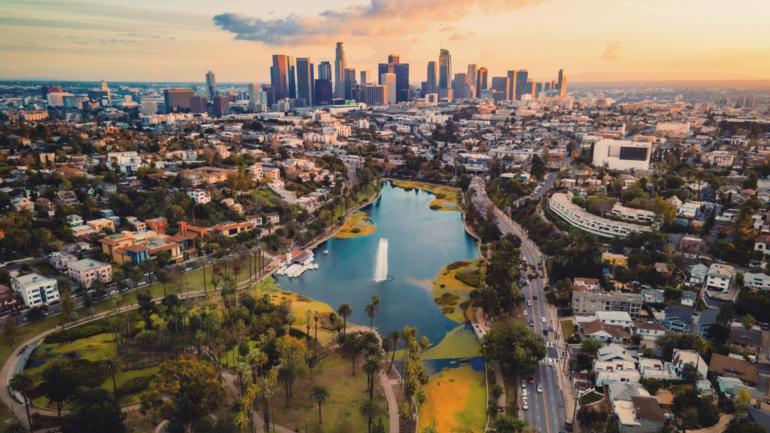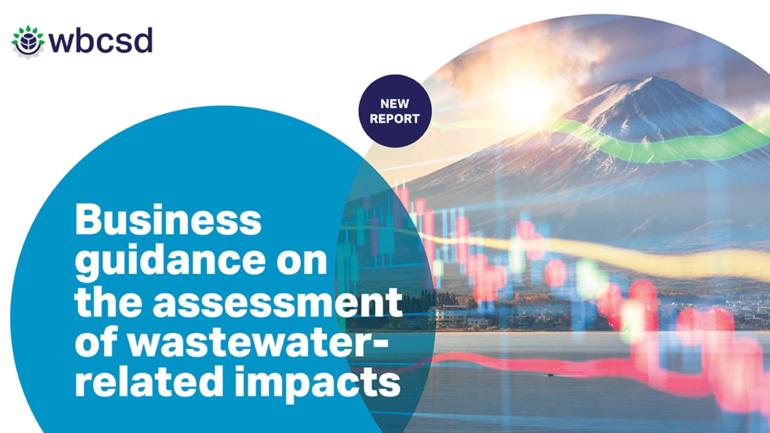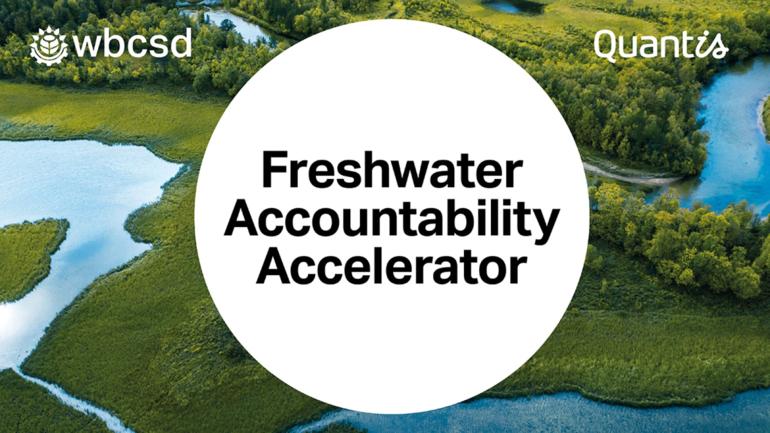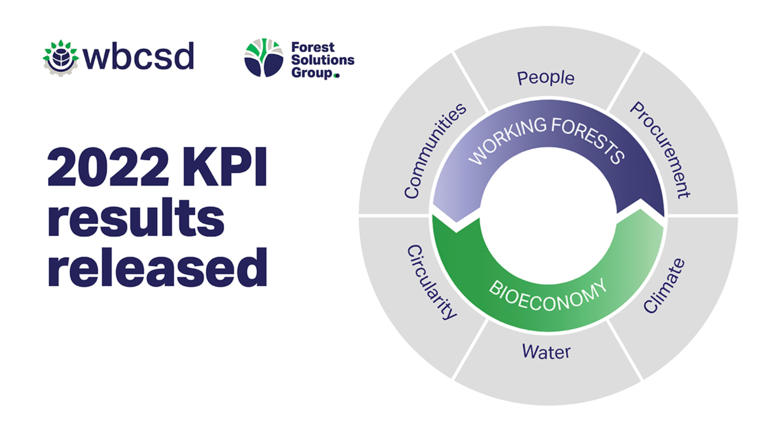This week, over 3,100 leaders from business, government, civil society and academia gathered at World Water Week in Stockholm, Sweden. They brought worldwide experience and knowledge covering numerous aspects of water - including conservation, development and governance.
At the event, WBCSD played an important role in facilitating multi-stakeholder collaborations, while showcasing business innovations and best practice on water.
This year’s theme, “Water and waste: Reduce and reuse,” illustrated the importance of water in the circular economy and highlighted concrete actions society can take to collectively achieve the SDGs and meet Paris Agreement objectives.
The severe floods in Texas and South Asia last week sadly reminded the world that 90% of natural disasters are water-related.
The urgency to implement water solutions is only growing stronger.
As such, WBCSD’s Water program engaged with companies to help them advance their water-related sustainability goals – sharing ways to reduce cost and secure licence to operate as water issues gain prominence on the global agenda.
Conference participants were mindful of the fact that - by 2030 - demand for water is set to outstrip supply by 40%. In this context, they stressed the fact that reuse and recycling practices must contribute to a steady supply of good quality water for municipalities, industry and agriculture - both now and in the future.
Across the event’s 238 sessions, participants discussed challenges to and opportunities for utilizing water as an enabling resource for societal transformation. From rural landscapes to urban skyscrapers, and across value chains, the event demonstrated that society can - and must - reduce water use, enable water reuse on a much larger scale and explore untapped waste recovery opportunities.
Businesses and other stakeholders also took stage to present solutions and innovative approaches to circular water management.
In an event convened by WBCSD, P&G shared how it successfully built the most sustainable P&G manufacturing facility in China by implementing water reduction and re-use practices. Representatives from Shell also talked about how they minimized freshwater use and truck traffic on local roads by collaborating with the city of Dawson Creek.
These conversations formed part of WBCSD’s newly released eight deep-dive case studies on circular water management – all designed to help companies implement water reuse through the Business Guide to Circular Water Management.
In a live onstage interview, WBCSD WASH Pledge signatory companies and champions Nestlé, Danone and Jain Irrigation called on business to ensure adequate provision of safe WASH to all employees. They also recommended that business leaders seize leadership opportunities to strengthen their impact and contribution to SDG6 by addressing WASH in supply chains and communities.
The moment represented an important call to action for CEOs across all sectors.
WBCSD, WaterAid and the CEO Water Mandate also held a workshop to discuss how to drive significant improvements on WASH in supply chains, building on the evidence gathered in WBCSD’s recent report and accompanying case studies by Nestlé, Diageo and Gap.
Conversations like these helped reiterate the importance of implementing water stewardship strategies beyond companies’ fences and highlighted the benefits of engaging with other stakeholders at basin level.
Many participants came back to the fact that water can also significantly mitigate climate risks and contribute solutions to climate adaptation.
For example, the Business Alliance for Water and Climate (BAFWAC), co-founded by WBCSD, the CEO Water Mandate, CDP and Suez, gained ground – with over 50 signatories.
Ahead of the event, BAFWAC launched a web-based platform to foster peer-learning on adaptation-related action and innovation. It connects companies with collective action opportunities at the basin level - around water smart agri-solutions, for example. These are crucial for water and food security and for ensuring resilient farmer livelihoods.
During the event, these solutions were highlighted through the FAO-convened Global Framework for Water Scarcity in Agriculture, where the initiative was launched an endorsed by 83 Ministers of Agriculture at UNFCCC COP22, as well as representatives from the G20.
Overall, the 2017 World Water Week was a unique opportunity for businesses to showcase solutions and best practices to demonstrate how they are contributing to the 2030 Agenda.
Now more than ever, business is ready and willing to collaborate with others to achieve a water secure world for all. Next stop is the first ever Business Day to be held at the World Water Forum on 18 March 2018 in Brasilia.

